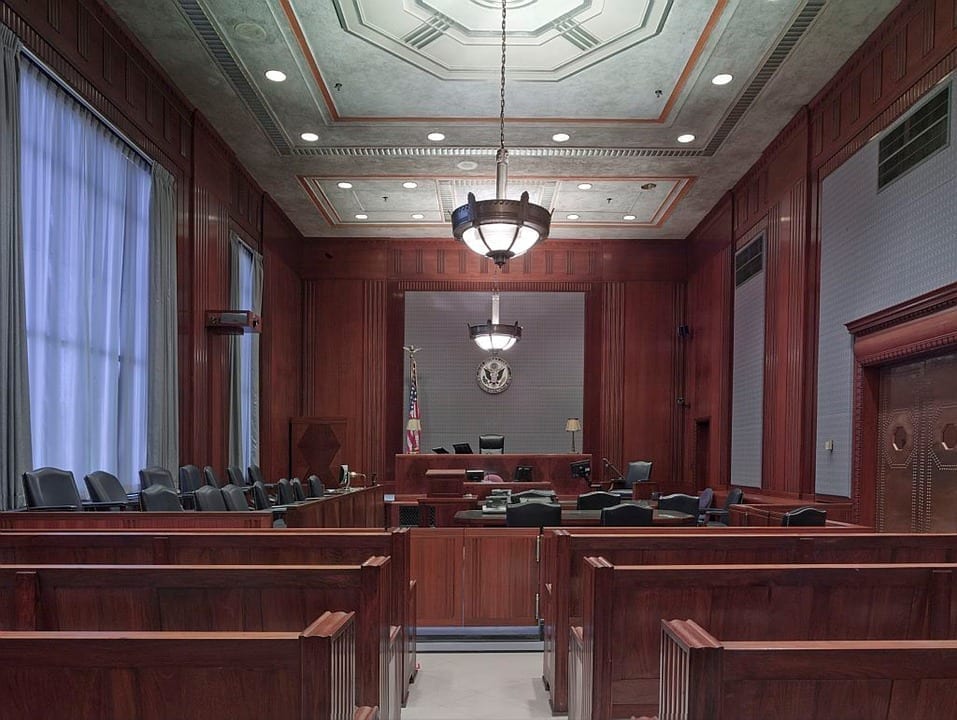Medical negligence cases rank among the most difficult to prove. Your lawyer needs special skills and experience to prevail in such lawsuits.
Demonstrating personal injury in court takes legal knowledge and certain skills. Although it should not matter, the best attorneys know how to build sympathy for your pain and suffering. Clients depend on their lawyers when building a personal injury case.
The case can be supported by photos and video, models, charts, demonstrations, and other technical proof. The potential evidence naturally includes the testimony of eyewitnesses, if there were any present at the accident scene.
Recommendations for Building a Strong Injury Case
Visual evidence is not new; charts, graphs, photographs, videos, and other visual demonstrations have long been used in court. Your job as a plaintiff is to attract attention and gain empathy from courtroom listeners. One effective way to do that is through visual aid.
It helps if you find an attorney experienced with your type of personal injury claim. A local Greenwood personal injury attorney can make the difference between negotiating an adequate settlement and settling for a low-ball offer.
Prepare a Strong Opening Statement
You should prepare the jury to consider awarding you large damages to compensate you for medical expenses, property damage, lost wages, and pain and suffering. That is the only thing a judge or jury can do in a lawsuit, so your lawyer should make it clear that you expect an award. Remind the jury that continued medical expenses and financial losses are expected.
Mention Both Physical and Mental Injuries
When addressing any physical injuries, be sure to include any attendant mental issues that cause suffering. Psychological suffering is considered a separate injury under the law than physical pain.

Mental anguish can frequently be more debilitating than a physical injury. You can keep track of how your life has changed from your injuries and paint an accurate picture to those who are willing to listen. Also, consider consulting a trained mental health expert. Therapy can help you restore inner peace.
Use Common Sense in Testimony
Exaggerating your injuries or trying to shock people in court can backfire. Testify without displaying excessive emotion to be convincing. Also, depict all the information accurately and let your lawyer argue on your behalf.
Don’t Try To Convince the Court of Nonsense
For example, it is difficult to claim trauma caused by facial disfiguration if your injuries have healed and you are engaged to be married. To have a convincing argument, you must support your claim with solid facts. Do not try to make a sow’s ear out of a silk purse; people will notice the dishonesty and discount your real injuries.
Don’t Complain About Your Injuries
Allow other witnesses and your attorney to handle this part. Juries tend to dislike plaintiffs who complain even if they have sustained extensive physical injuries. Let others describe your mental and physical issues.
Use Short Stories To Illustrate Legal Points
You can use short vignettes to illustrate your major points memorably and elicit an emotional response from the listeners. For example, if you can no longer dance, you might reveal the story about winning a dance contest the previous year after years of intense training.
Do Not Forget To Prove Other Elements of Your Case
It can be easy to forget some of the other elements you must prove in court. Some of the main points you should cover to have a winning case include that:
- The defendant has a duty of care
- The duty was breached
- The breach of duty has caused you injury
- The breach was caused by the defendant
Here’s where many plaintiffs fail to link their cases with a duty of care. Legally, most harm can be traced back to getting up in the morning, so the law requires more direct linkage.
Medical negligence cases rank among the most difficult to prove. Your lawyer needs special skills and experience to prevail in such lawsuits. Lawyers must stay on top of medical precedents and the standard treatment practices for multiple disorders. That’s how they spot deviations from the standard practices as a basis for medical negligence.
Hiring a Qualified Attorney
Having qualified legal assistance can make a significant difference in the outcome of your case. Your lawyer can offer valuable guidance throughout the legal procedure and help you find the evidence needed to back up your claim.


Join the conversation!